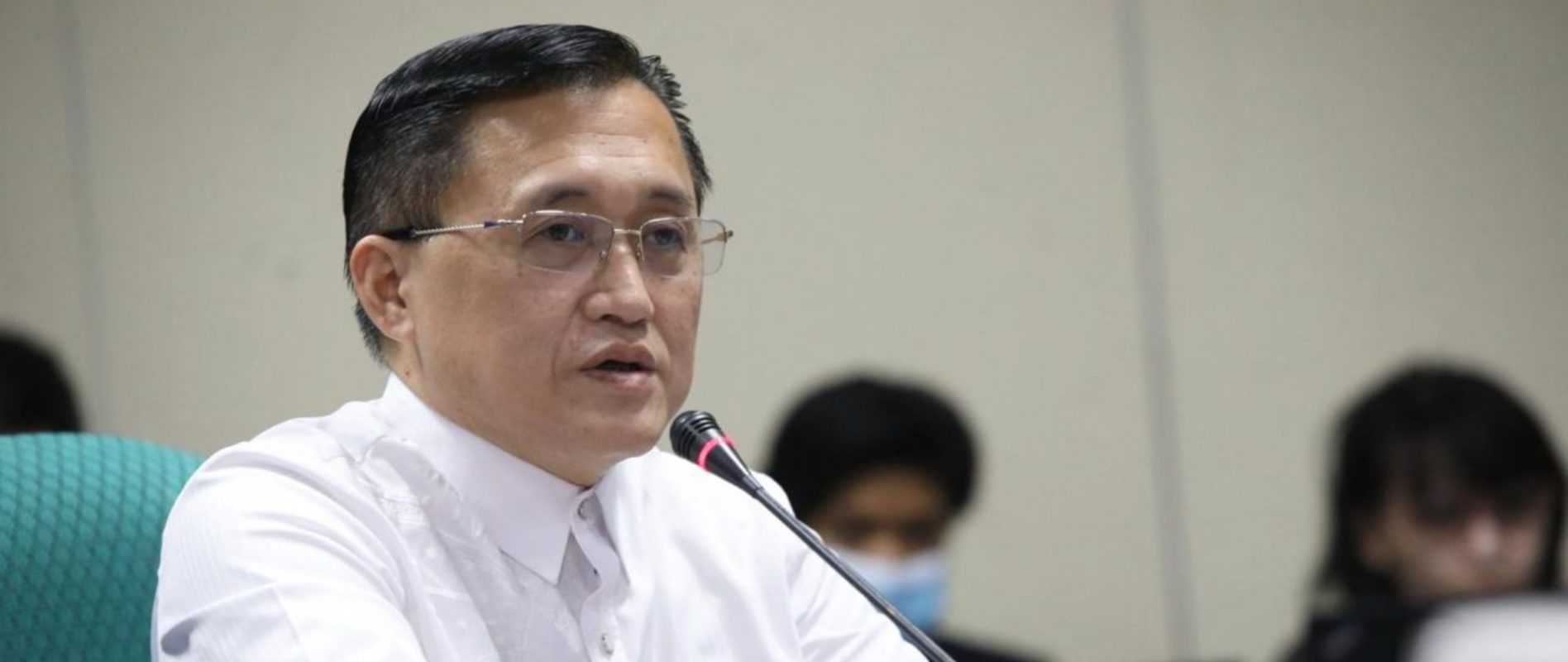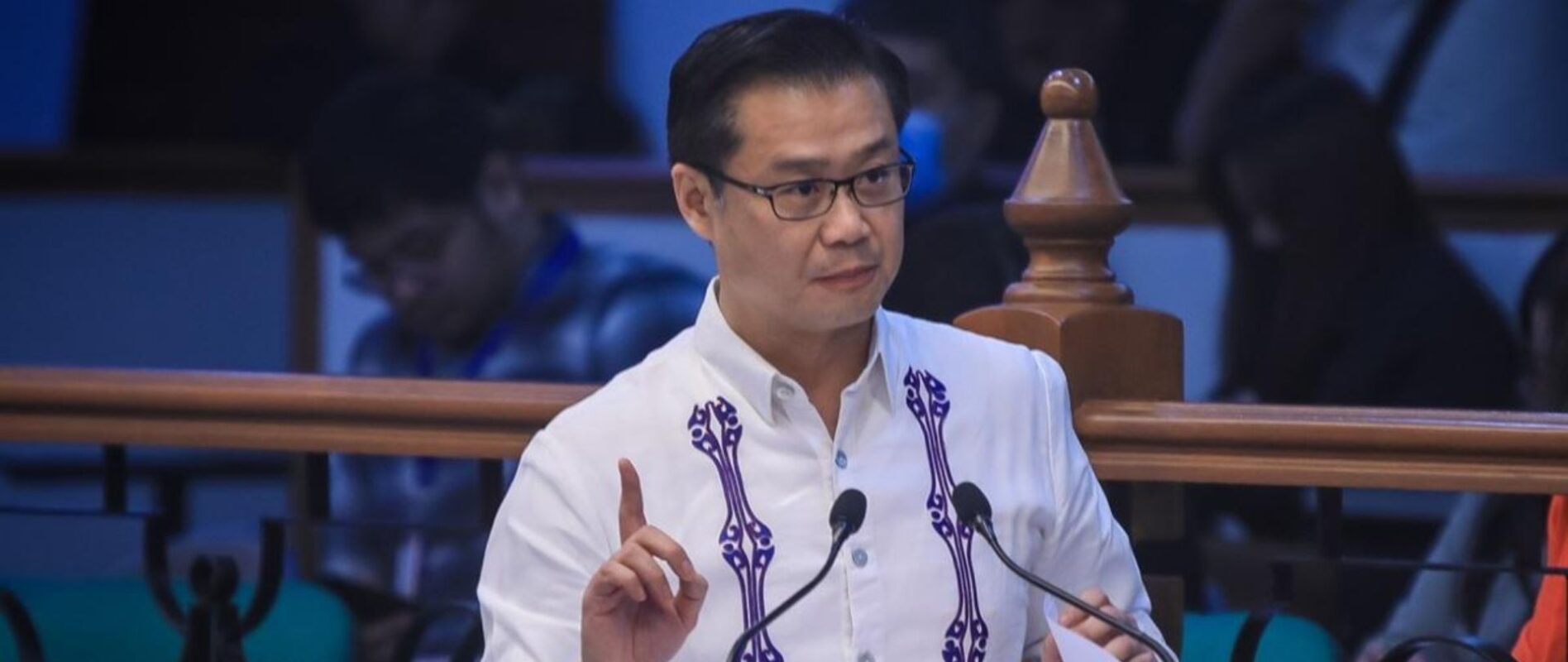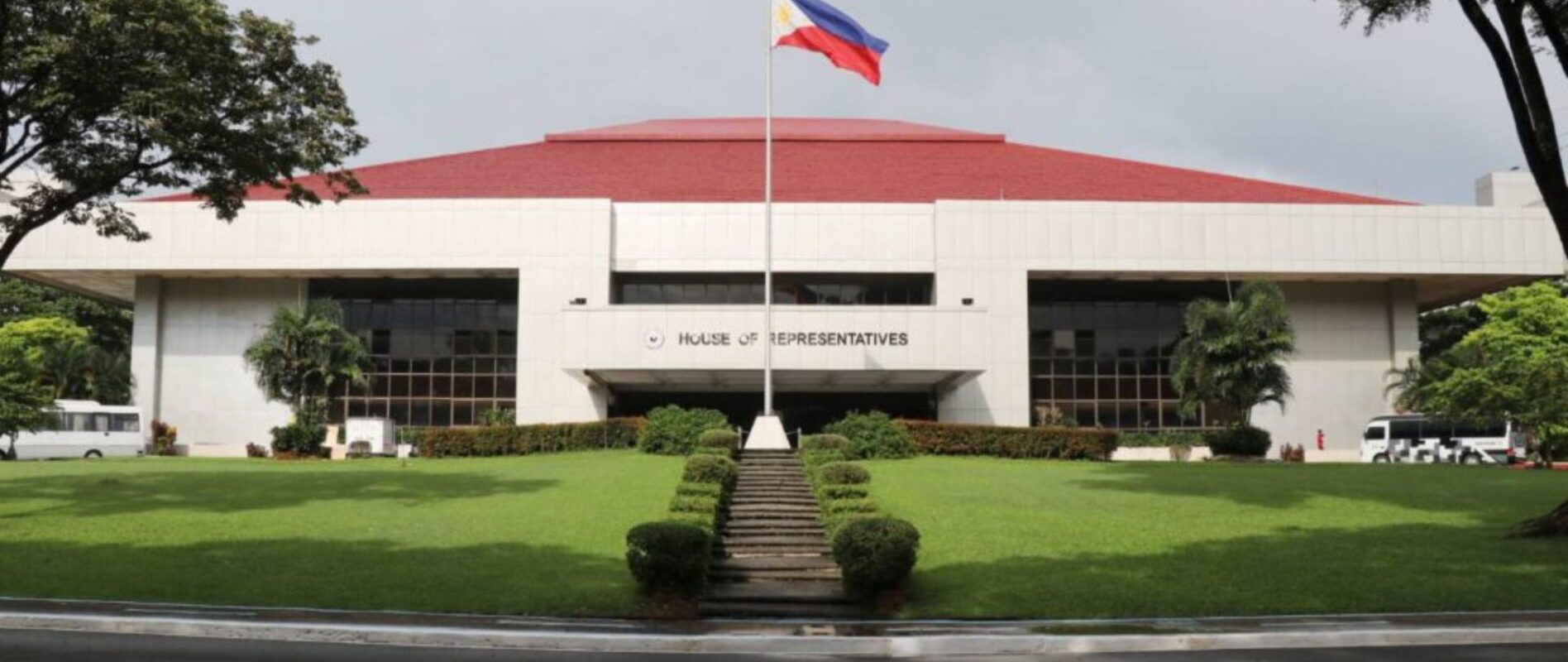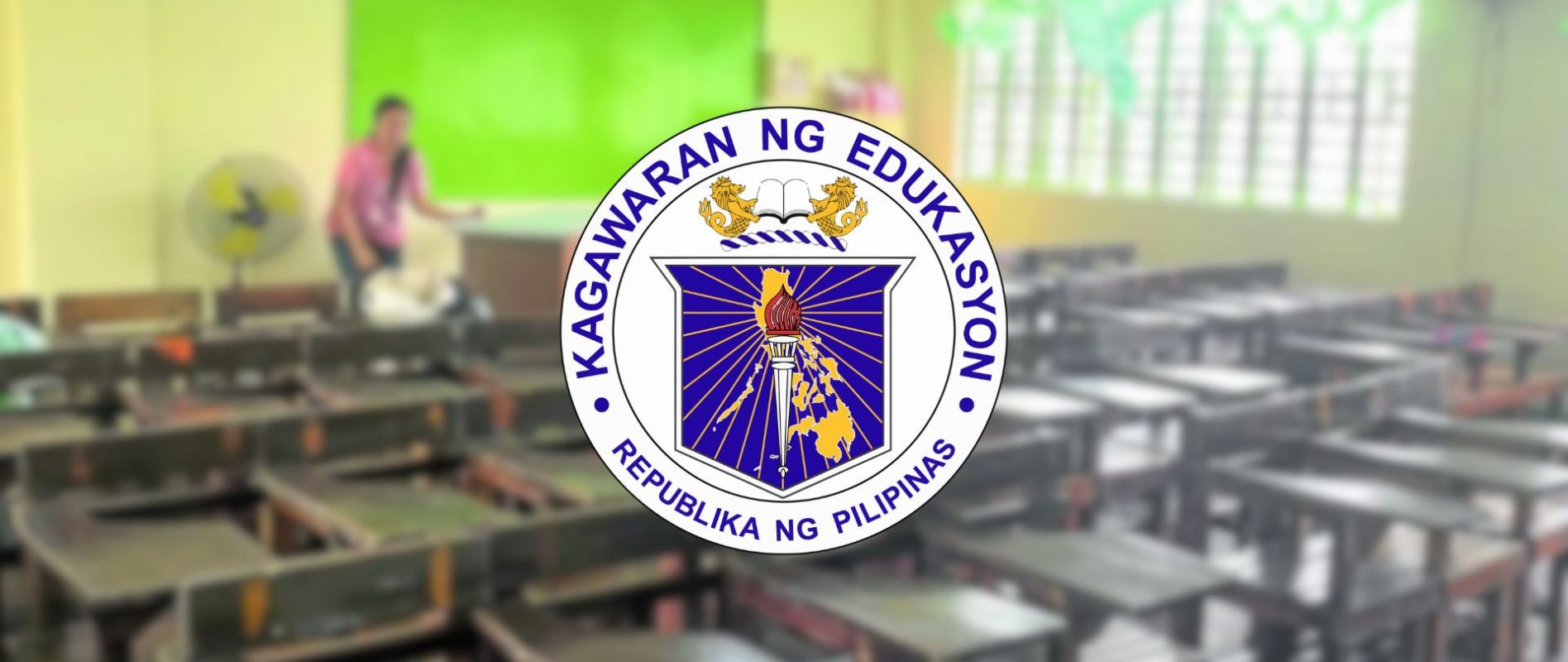SENATOR PUSHES CAP ACT TO FAST-TRACK CLASSROOM CONSTRUCTION, CUT BACKLOG
SENATOR Bam Aquino expressed confidence on Monday that his proposed Classroom-Building Acceleration Program or CAP Act will significantly speed up classroom construction in public schools and help address the nationwide classroom shortage.
Aquino made the remarks during inspections at Lakandula Elementary School and Dr. Adelaido Bernardo High School in Mabalacat City, Pampanga, where he observed that some condemned facilities were still being used by students due to the lack of classrooms.
Under Senate Bill No. 121, or the CAP Act, local government units (LGUs) and non-government organizations (NGOs) with proven track records in school-building will be authorized to construct classrooms within their jurisdictions. The projects will receive funding support from the national government and must comply with national standards.
“We want to bypass the Department of Public Works and Highways. Let’s provide the funding directly to LGUs and NGOs with experience in school construction. This way, the process will be faster and more cost-efficient,” said Aquino, chairperson of the Senate Committee on Basic Education.
Aquino stressed that closing the classroom gap within three to five years will require multiple partners working simultaneously, not just a single agency.
“The only way to achieve this is by allowing many stakeholders to construct classrooms at the same time. If only one agency is tasked, we will never catch up,” he said.
The senator also urged the government to trust NGOs and LGUs committed to improving education in their communities.
“Let’s trust NGOs with proven records and LGUs determined to provide better classrooms and education in their areas,” he added.
Aquino likewise reiterated his call to realign a significant portion of the national flood-control budget to education, pointing out that billions of pesos are being allocated to areas with no history of flooding.
“We want to see a more rational flood-control budget. From the ₱275 billion allocation, we believe at least ₱100 billion can be reallocated to education where it is urgently needed,” Aquino said.














